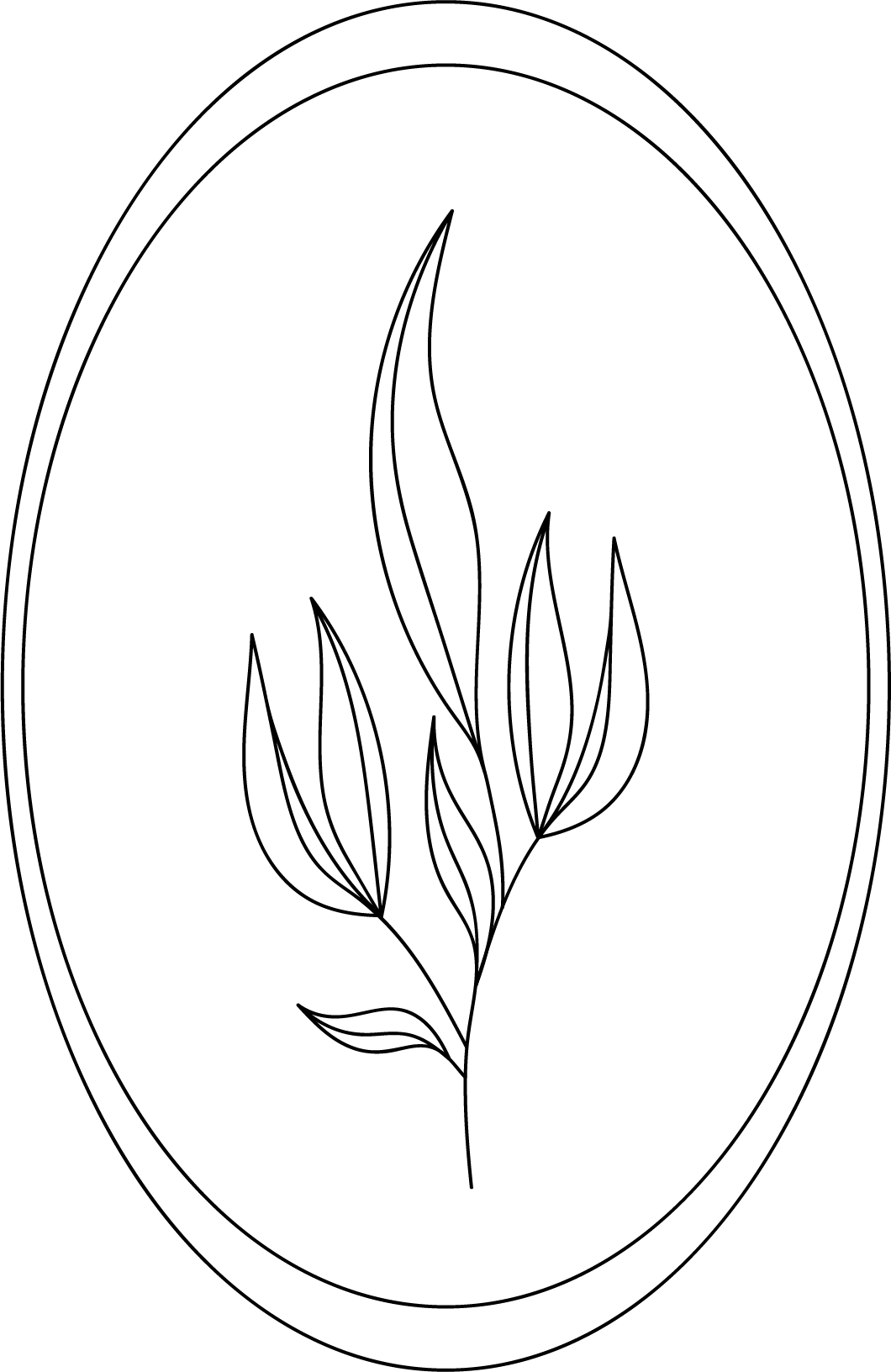Testosterone 101
Testosterone is a sex hormone produced in the testicles and plays a role in libido, body composition, bone health, mood, assertiveness and spermatogenesis.
Generally, normal serum levels are 8-40 nmol/L although this will differ based on the individual’s age, lifestyle, diet and health status. Testosterone levels will peak during the mid-twenties in males and then reduce slowly after 40.
Symptoms of low testosterone include sexual dysfunction (reduced libido, erectile dysfunction, low erection frequency), mood changes (irritability, depression, anxiety), impaired cognitive function (poor concentration, recall ability), hyperlipidemia, low bone density, gynecomastia (‘man boobs’).
The “Androgen Deficiency in the Aging Male” questionnaire can be a useful method to test for lowered testosterone.
How to improve testosterone levels
Diet
Testosterone production requires certain nutrients including zinc (found in oysters, beans, nuts and seeds), vitamin D (found in eggs, oily fish and sunlight), protein and antioxidants. Thus ensuring adequate intake of these nutrients is essential. Poor gut health and inflammation resulting in nutrient malabsorption may also contribute to low testosterone levels despite an adequate diet as the body will not be able to absorb the nutrients.
Certain foods such as vegetable oils, high-fat dairy, processed meats and refined carbohydrates have been inversely associated with testosterone levels.
2. Reduce Stress
Stress directly affects the hypothalamic-pituitary-gonadal (HPG) axis. Excessive stress will convert the body’s stores of cholesterol (the building block of hormones including testosterone) into stress hormones (such as cortisol) which in turn reduces the available stores of cholesterol to synthesize testosterone. Stress-reducing activities include mindfulness, meditation, exercise and consolidating your work/life balance to make time for rest and ‘play’. Magnesium (found in dark chocolate, dark leafy greens & tofu) & B-vitamins (found in whole grains, legumes, nuts & seeds) are useful nutrients to assist the body to cope with stress.
3. Prioritise Sleep
The body will produce testosterone during sleep (especially during REM sleep) and studies have shown poor sleep to be a major causative factor in men with low testosterone. Thus, getting in your daily 7-9 hours of Zzz’s is a simple way to increase testosterone naturally! See my post for how to improve sleep on my ‘LIFESTYLE’ tab.
4. Reduce Inflammation
Causes of inflammation will be highly individualised but inflammatory drivers include an unbalanced microbiome, acute or chronic injury, environmental exposure to toxins (such as paints, chemicals, plastics, smoking, pollution) and stress. A Mediterranean-based diet, turmeric, omega-3 fatty acids and antioxidants are all very useful to reduce inflammation.
5. Improve insulin sensitivity
Consume a diet low in refined carbohydrates (white bread, white pasta, lollies, ice cream, etc) and ensure total energy intake isn’t too high to improve insulin resistance. Regular exercise will also improve insulin resistance especially exercise that uses the larger muscles (glutes, thighs). The most effective exercises are lunges, squats, hill runs and sprints to improve insulin resistance.
6. Reduce/cease alcohol and drug use (marijuana, heroin, methadone, opiates, steroids)
Excess alcohol consumption reduces testosterone levels and increases estradiol both on the testicular and HPG axis level. Additionally, hops in beer contain estradiol which has negative effects on free testosterone, thus consider cutting back on alcohol to moderate amounts. Sorry!
Drug use reduces testosterone production and steroids reduce intratesticular testosterone levels by interfering with the HPG axis.
Anabolic steroids are used by athletes and bodybuilders for their testosterone-like effects and to grow/repair muscle. However, they exert negative feedback on the HPG axis resulting in reduced production of endogenous steroids. Long term use of steroids will require weeks to years until the HPG axis is normalised.
7. Maintain a healthy weight
Excess adipose tissue contains aromatase which increases the conversion of testosterone to estradiol. Furthermore, obesity reduces sex hormone-binding globulin which attaches to and carries testosterone in the blood to transport them to target tissues. Regular exercise, daily movement, managing sleep and stress will aid in weight management.
REFERENCES
Duca, Y., Aversa, A., Condorelli, R., Calogero, A., & La Vignera, S. (2019). Substance Abuse and Male Hypogonadism. Journal Of Clinical Medicine, 8(5), 732. doi: 10.3390/jcm8050732
Grossmann, M., Tang Fui, M., & Dupuis, P. (2014). Lowered testosterone in male obesity: Mechanisms, morbidity and management. Asian Journal Of Andrology, 16(2), 223. doi: 10.4103/1008-682x.122365
Hammond, G. (2011). Diverse Roles for Sex Hormone-Binding Globulin in Reproduction. Biology Of Reproduction, 85(3), 431-441. doi: 10.1095/biolreprod.111.092593
Lo, E., Rodriguez, K., Pastuszak, A., & Khera, M. (2018). Alternatives to Testosterone Therapy: A Review. Sexual Medicine Reviews, 6(1), 106-113. doi: 10.1016/j.sxmr.2017.09.004
Sierksma, A., Sarkola, T., Eriksson, C., Gaag, M., Grobbee, D., & Hendriks, H. (2004). Effect of Moderate Alcohol Consumption on Plasma Dehydroepiandrosterone Sulfate, Testosterone, and Estradiol Levels in Middle-Aged Men and Postmenopausal Women: A Diet-Controlled Intervention Study. Alcoholism: Clinical And Experimental Research, 28(5), 780-785. doi: 10.1097/01.alc.0000125356.70824.81
SHBG Blood Test. (2020). Retrieved 23 September 2020, from https://medlineplus.gov/lab-tests/shbg-blood-test/
